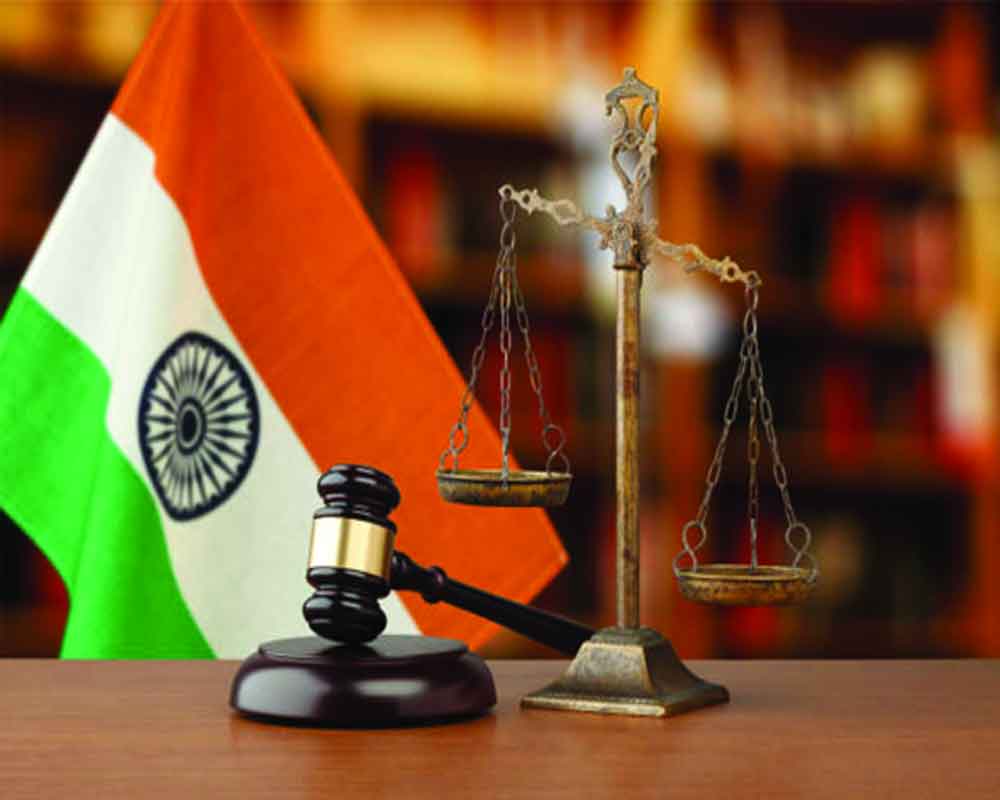It is a long-standing tussle between link language and common language
Language is an emotive issue in India. It was the basis of the reorganisation of the Indian states. The logic was that people who spoke the same language are better off living in the same State. However, there are places where people cannot speak their languages. The Supreme Court and the High Courts are examples where even linguistic chauvinists are expected to follow the court language - English. Early this year, such a case came before the Gujarat High Court. A journalist, facing contempt proceedings, addressed the bench in Gujarati. The court asked him to speak only in English. The contemnor insisted on speaking in the local language, arguing everyone in Gujarat speaks Gujarati. The bench offered him the services of an interpreter and refused to accept his submissions when he did not speak English. In its order, the court said “we will not permit the contemnor to address the court in the language which is not understood by this court”. Article 348(1)(a) provides that the proceedings before the Supreme Court and High Courts should be conducted in English unless the law provides otherwise. Uttar Pradesh, Bihar, Rajasthan, and Madhya Pradesh are authorised to use Hindi in their High Courts. Tamil Nadu, Gujarat, Chhattisgarh, West Bengal and Karnataka have sought permission to use their respective local languages. In 2012 and in 2016, the Chief Justice of India after extensive deliberations disapproved of the proposals. The official website of the Department of Justice says “the Government has abided by the decision of the Supreme Court”.
On Saturday, the Prime Minister told a joint conference of Chief Ministers and High Court Chief Justices that local languages must be used in the courts because “unless the common man understands the basis of the justice, there is no difference between justice and a Government order”. The Chief Justice of India said it would happen over some time. Both the Executive and the Judiciary are aware of two facts. One, under Article 348(2), the Governor of a state may “authorise” the use of “any other language” in the proceedings of the High Court. Two, the CJI can permit the use of a local language in a High Court. The problem is that the High Court judges are at present seamlessly transferred to various states because the language of the courts is English and not the local language which they may not understand. Secondly, the language of the court, used for articulation and writing judgements, must be precise, certain and understood by all officers of the courts. Thirdly, the current system of the higher judiciary is unified by a link language which would stand disrupted by the use of local languages. And yet, the fact remains that the litigant, the ordinary citizen, has the fundamental right to “understand” and participate in court proceedings and the judgement delivered. The question is how to reconcile these issues without either emotion or politics creeping in.


























